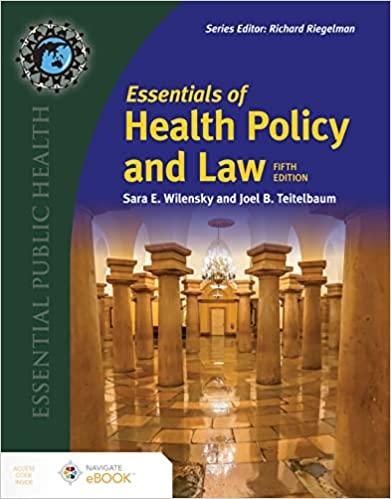Answered step by step
Verified Expert Solution
Question
1 Approved Answer
CHOOSE THE MOST APPROPRIATE ANSWER. Which of the following is not a personal consequence of a divorce? 1. Bar on testate succession for the first
CHOOSE THE MOST APPROPRIATE ANSWER. Which of the following is not a personal consequence of a divorce? 1. Bar on testate succession for the first three months after the divorce. 2. Bar on intestate succession between the ex-spouses. 3. A person who married before attaining the age of majority reverts to being a minor. 4. Change in marital status. 5.Retention of marriage surname by the wife. At the time of the conclusion of their marriage, Mr Khumalo owned a two-bedroom apartment in Musgrave that was valued at R500 000.00. He was still owing Standard bank R100 000.00 on the mortgage bond over the apartment. He had also taken out a student loan of R50 000.00 with ABSA bank in order to fund his university studies and at the time of the marriage, he still owed the bank R20 000.00 of that student loan. The weighted Consumer Price Index (CPI) value at the time of the Khumalos' marriage was 81.6, and the CPI value at the time of Mr Khumalo's death was 123.2. For the purposes of the accrual calculations, what is the amended commencement value of Mr Khumalo's estate? Choose the most appropriate answer from the options below: 1. R573 725.00 2. R528 431.00 3. R265 568.00 4. R500 813.00 5. R251 824.00 Which of the following options does not refer to the role of the central authority? 1. Applies to the court to secure the immediate return of the child. 2. Not permitted to exchange information about the social background of the child. 3. Attempts to secure the voluntary return of the child. 4. Must act speedily, and avoid delays. 5. Co-operates with other Central Authorities. The Hague Convention on the Civil Aspects of International Child Abduction requires that a child must be returned when the following conditions are satisfied. Choose the most appropriate answer from the options below. 1. When the removal or restraining of the child, violates another person's "rights to custody." 2. A child under age 16 years lived (had "habitual residence") in a country that was a member of the Convention. 3. The child is in another country that is a member of the Convention. 4. Someone removed or retained the child outside of that country. 5. All the requirements provided here are applicable. Clear my choice
Step by Step Solution
There are 3 Steps involved in it
Step: 1

Get Instant Access to Expert-Tailored Solutions
See step-by-step solutions with expert insights and AI powered tools for academic success
Step: 2

Step: 3

Ace Your Homework with AI
Get the answers you need in no time with our AI-driven, step-by-step assistance
Get Started


